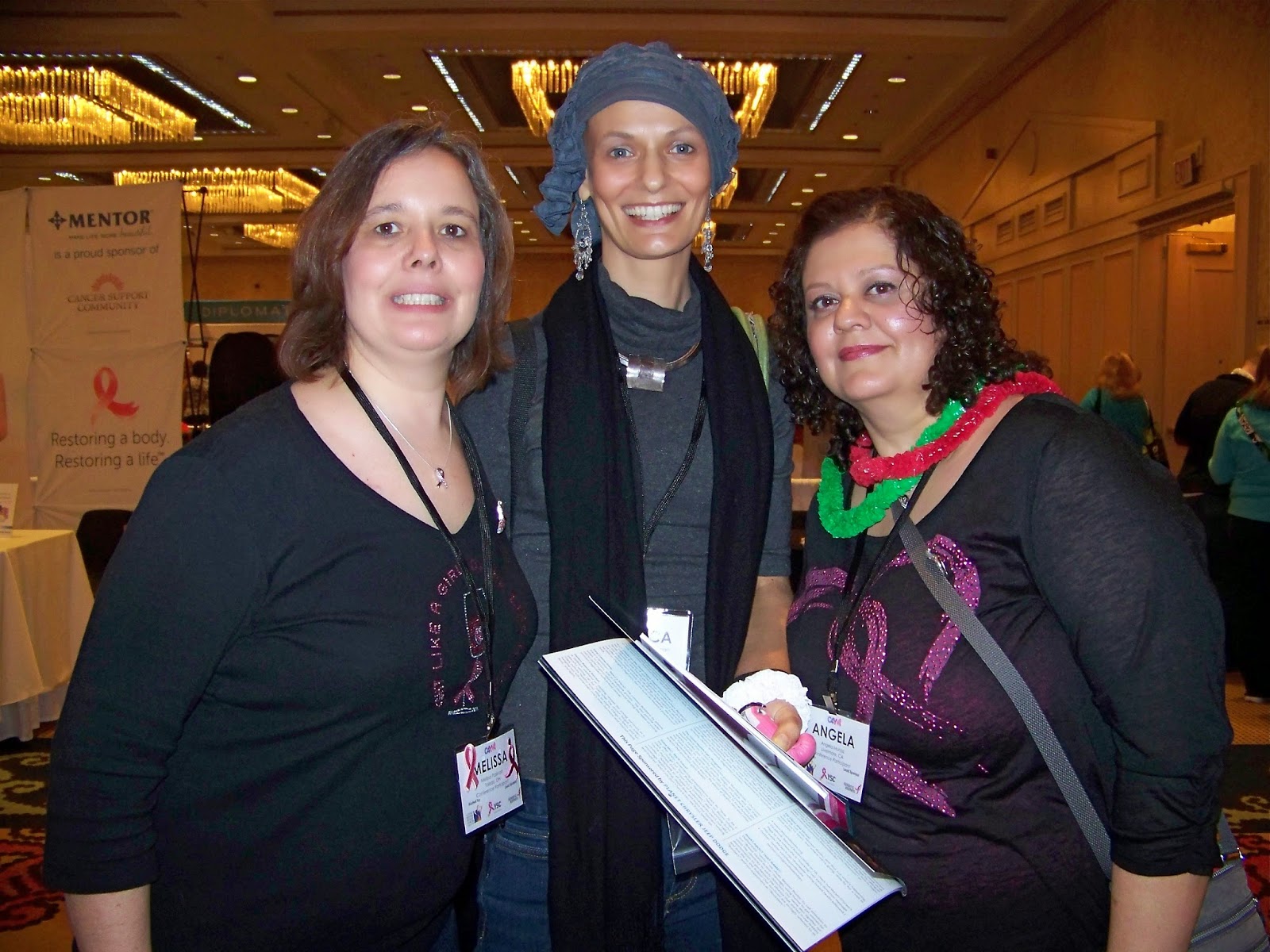 |
| Melissa Paskvan |
Taking it all in as a blogger VIP special guest at Komen's 25th Anniversary of the Global Race in Washington DC on May 10, 2014. With over 15,000 race participants on the National Mall, you can really feel the enthusiasm of "IMPACT" among the enormous crowd during activities leading up to the race.
"...and
now here we are today, the world's largest breast cancer organization
fighting on all fronts." In community health, public policy, globally and of course research." - Nancy Brinker "...and as a member of the medical community that
really stood out for me when I joined Komen our commitment to supporting
the best science and the most dedicated brilliant researchers, we
funded more breast cancer research than any other non-profit. We are
looking for ways to prevent breast cancer and cure breast cancer and while we help many women who are facing disease right here and now today and we won't stop till we reach our goal!" -Dr. Judy Salerno
RACE FOR IMPACT, RACE FOR BREAKTHROUGHS, RACE FOR THE CURE!
 |
| World Wrestling Champion, John Cena |
 |
Nancy Brinker and Judy Salerno
reaffirms Komen's mission |
 |
Melissa and TNBC Sister and Komen Advocate,
Peggy Johnson |
 |
Melissa and TNBC Sister and Komen Advocate,
Peggy Johnson |
 |
| Melissa Paskvan |
 |
| Melissa Paskvan |
 |
| Yes, I did! |
 |
| Us bloggers! |
 |
| For impact! |
 |
| TV Personality, Rene Syler and Melissa |
























































































